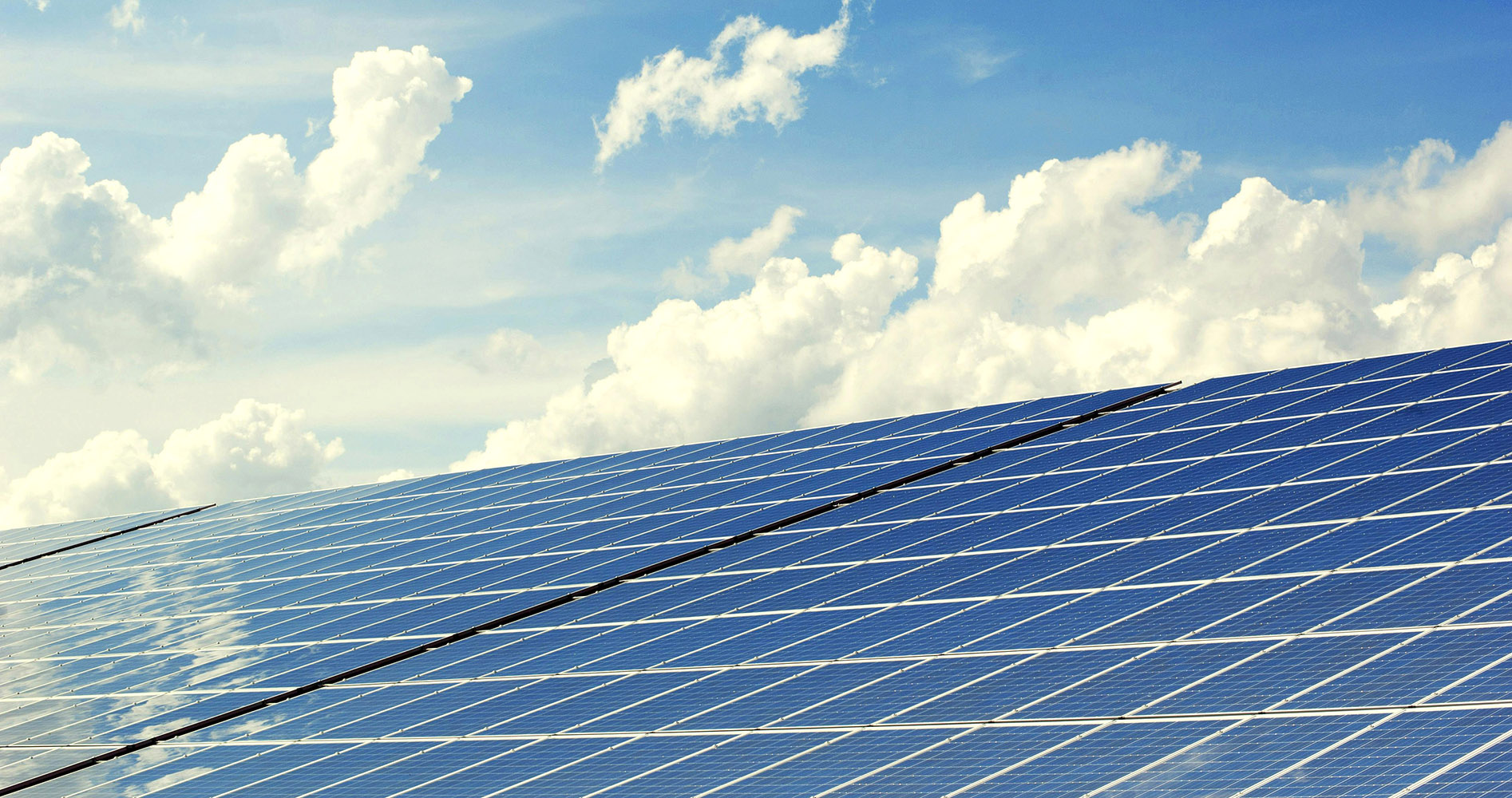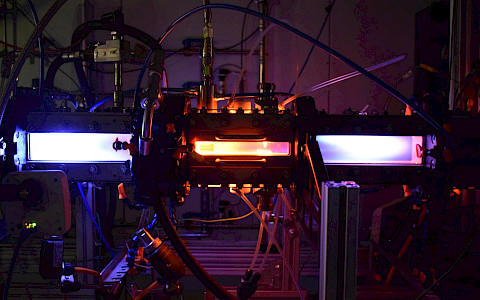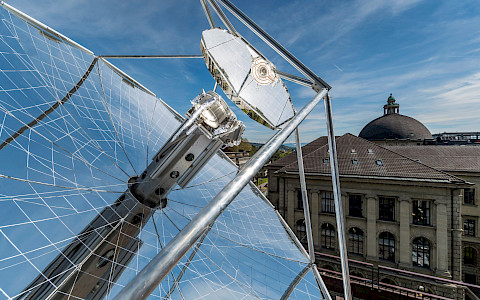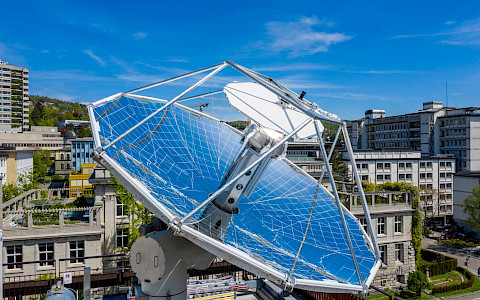
Energy
Finding solutions for critical energy challenges
Energy drives both social and economic development, constituting the lifeblood of human activities and a critical infrastructure upon which we continually depend. But the current energy system is unsustainable due to its overwhelming reliance on finite fossil fuels, which are responsible for the overwhelming majority of greenhouse gas emissions, causing local environmental degradation and global climate change. Transitioning to a sustainable energy system guaranteeing at the same time energy security and affordability is a massive and complex challenge, involving diverse and interconnected measures, and partly conflicting and competing objectives.
Research in IEPE on energy covers many different themes:
- Energy systems integration and sector coupling
- Resource assessment methods for low-carbon technologies
- Holistic techno-economic, environmental and social assessment of energy technologies and systems
- Long-term energy system scenario planning and analysis
- Renewable energy carriers
- Electrical energy conversion into fuels
- Advanced nuclear energy technologies
- New materials for batteries and electro-catalysis to improve performance, cost, efficiency and safety
- Cooling and thermal management
- Performance and reliability of wind energy enhancement
- CO2 capture, hydrogen production, biomass conversion
- Energy conversion and transport
Labs

Chair of Energy Systems Analysis

Combustion, Acoustics and Flow Physics Laboratory

Electrochemical Energy Systems Laboratory

Laboratory for Energy and Process Systems Engineering

Laboratory for Energy Conversion

Laboratory of Energy Science and Engineering

Nanophotonic Systems Laboratory

Nuclear Systems & Multiphase Flows Laboratory

Optical Materials Engineering Laboratory

Reliability and Risk Engineering

Renewable Energy Carriers

Separation Processes Laboratory

Solar Energy Engineering Laboratory

Thermodynamics in Emerging Technologies
IEPE also offers many courses relating to energy topics:
Introduction to Modeling and Optimization of Sustainable Energy Systems